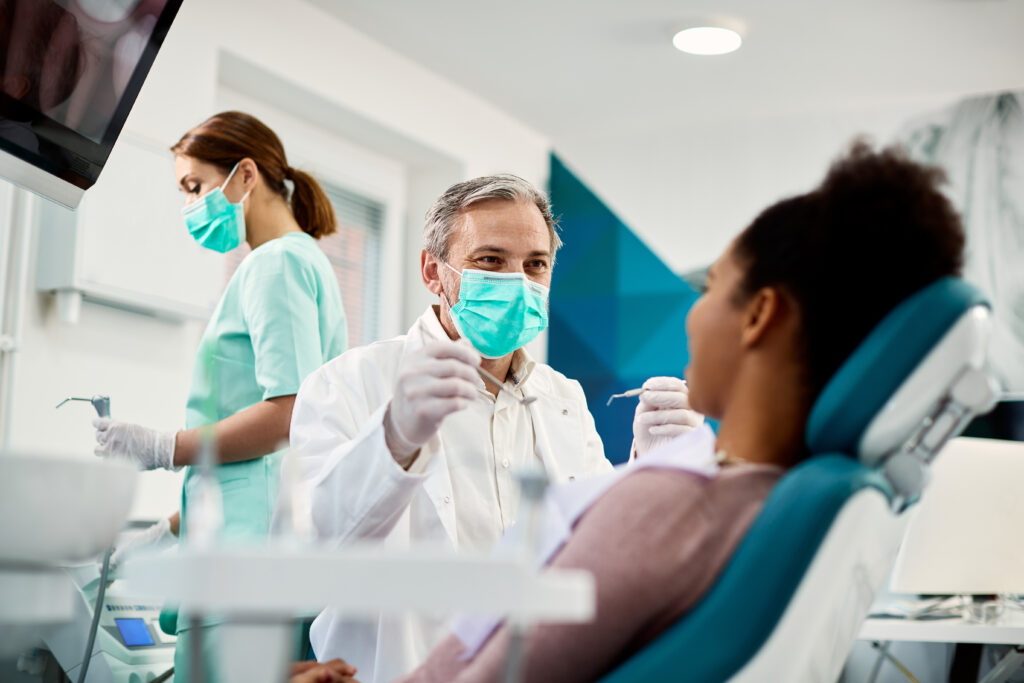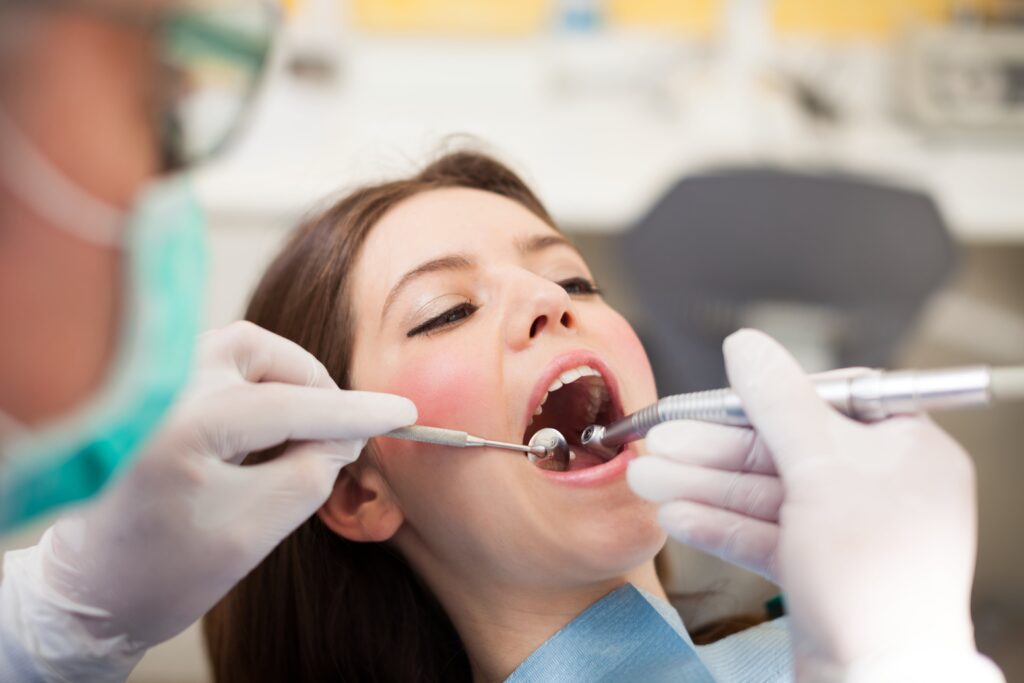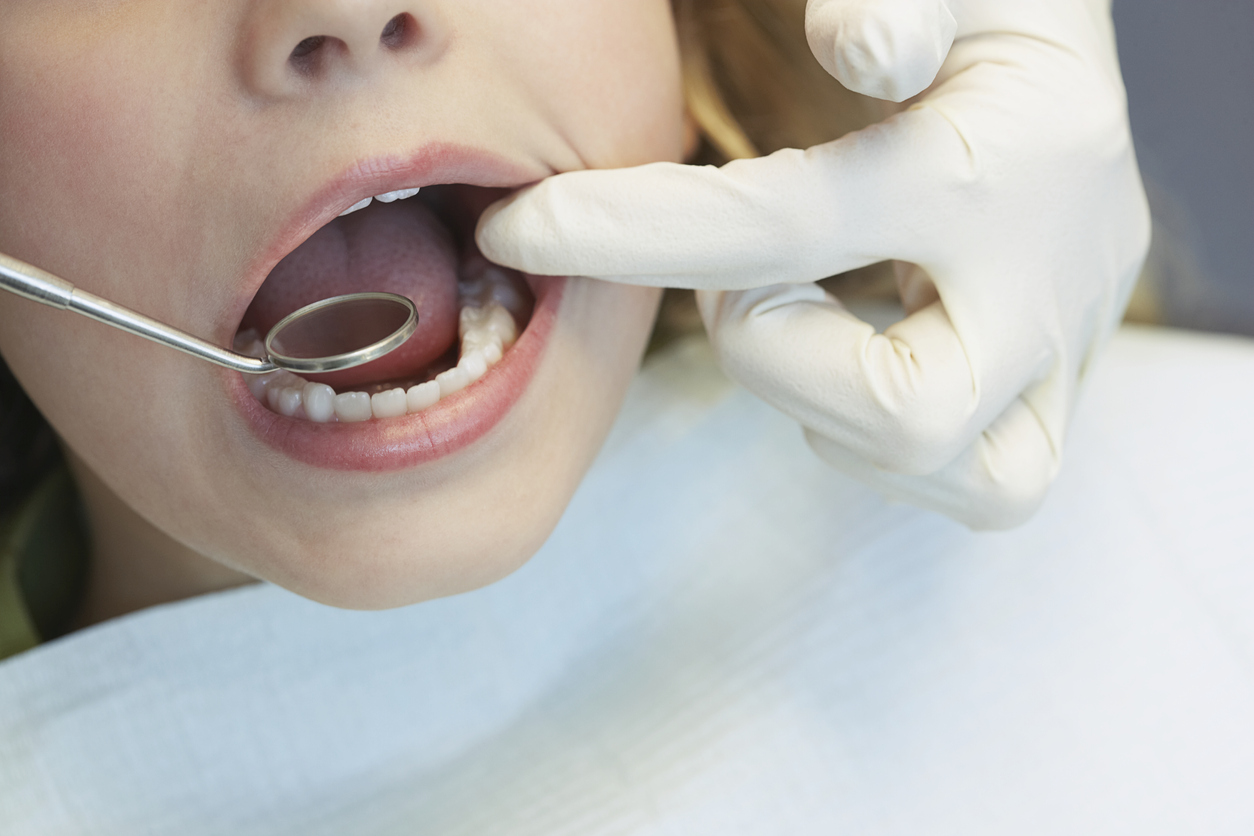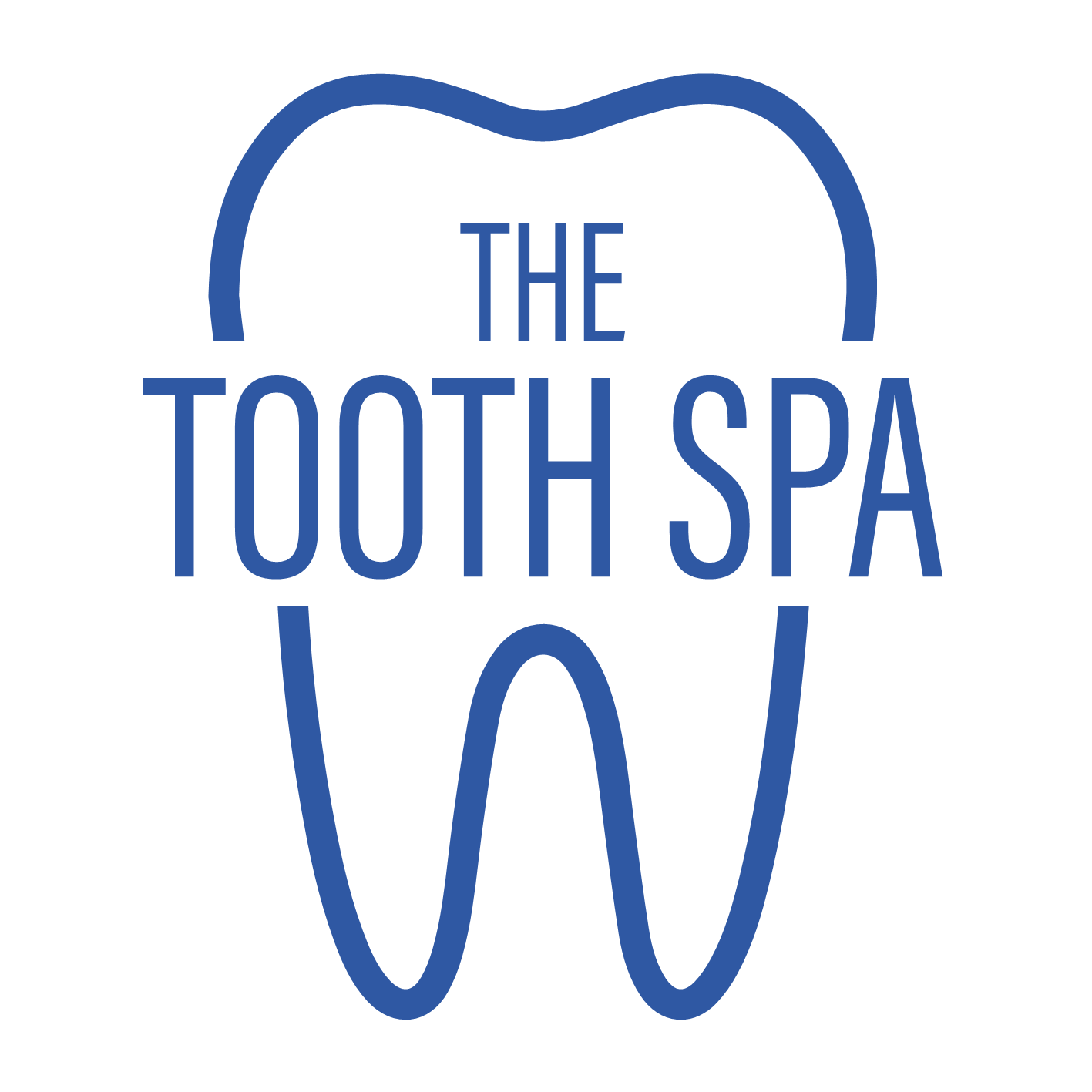As a parent, ensuring the health and well-being of your child is a top priority. Dental emergencies can be stressful, especially when they involve your little ones. Knowing how to handle these situations promptly and calmly can make a significant difference in your child’s comfort and oral health. In this blog, we will explore common dental emergencies in children and provide you with practical tips on how to handle them effectively.
If you need to speak to an emergency dentist quickly, our Leeds-based team at The Tooth Spa are always ready for your call!

Stay Calm And Reassure Your Child
In any emergency situation, it’s essential to remain calm and composed. Your child may be frightened or in pain, and your reassurance can help alleviate their anxiety. Stay positive and provide comfort while you take appropriate steps to address the dental emergency. Children will often mirror the actions of their parents, so stressing out and worrying can worsen matters. Instead, take a deep breath and try to think rationally rather than emotionally.
Contact The Dentist
In a dental emergency, it’s crucial to contact your child’s dentist as soon as possible. They will provide guidance based on the specific situation and may recommend immediate treatment or schedule an emergency appointment. Many dental problems will have home remedies to reduce pain, and your dentist can recommend the best course of action for you. Depending on where you are based and what dentist you are registered with, you may find yourself in a long queue for treatment, so don’t hesitate to get booked in.
Our team at The Tooth Spa always aim to get emergency customers in right away so that the problem doesn’t get any worse and so that our patients aren’t left in pain without treatment. If the wait time is several days for your child’s emergency, don’t be afraid to look elsewhere and find a team that is ready for you.

Handling A Knocked-Out Or Broken Tooth
Children can be clumsy and are often falling over and injuring themselves; if your child’s tooth gets knocked out or broken, act quickly but carefully. If the entire tooth has come out and there is no pain, speak to a reputable dentist and ask them to make sure that everything is as it should be, this is likely not a problem, and depending on the child’s age, they may need a replacement tooth.
In case of a broken tooth, rinse your child’s mouth with warm water and apply a cold compress on the affected area to reduce swelling. If there are any sharp edges, cover them with dental wax or sugarless gum to protect the tongue and cheeks. Contact your dentist promptly for further evaluation and treatment. The rest of the tooth will likely need to be removed to avoid problems further down the line.
Dental Abscess: Recognise The Signs
A dental abscess is a serious condition that requires immediate attention. Look out for symptoms such as severe toothache, swelling, fever, or a bad taste in the mouth. If your child exhibits any of these signs, contact the dentist immediately. In the meantime, encourage your child to rinse their mouth with warm salt water to alleviate discomfort. One of the main problems with dental abscesses is that you might not find out about them until your child has already had them for a while, meaning they can already be in a problematic stage.
Never leave a dental abscess untreated for any period of time, as this can lead to infection and unnecessary pain. Treatment is often fast and cost-effective, so don’t let anything hold you back from getting in touch!

We Hope You Are Now Prepared For Any Dental Emergency!
Preparation is key to handling dental emergencies smoothly. Keep your dentist’s contact information readily available, both at home and on your mobile phone. Consider having a dental emergency kit with essential items such as sterile gauze, a small container, a saline solution, and dental wax.
Knowing how to handle dental emergencies involving your children can make a significant difference in their oral health and overall well-being. By staying calm, contacting the dentist promptly, and taking appropriate actions, you can ensure that your child receives the necessary care and relief. Remember, prevention is also vital, so encourage regular dental check-ups and promote good oral hygiene practices to reduce the risk of emergencies. If you still need advice regarding dental emergency practices for your child, speak with our team at The Tooth Spa and get the info you need.
